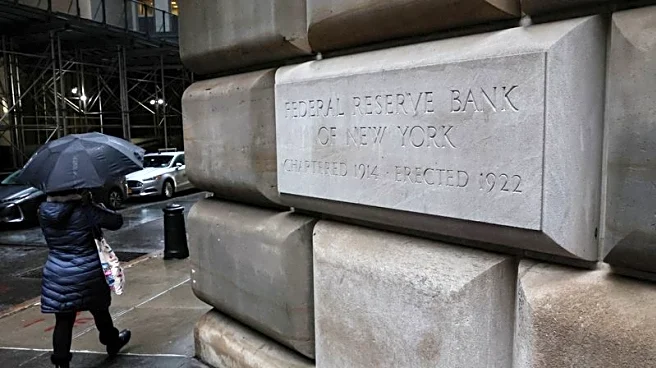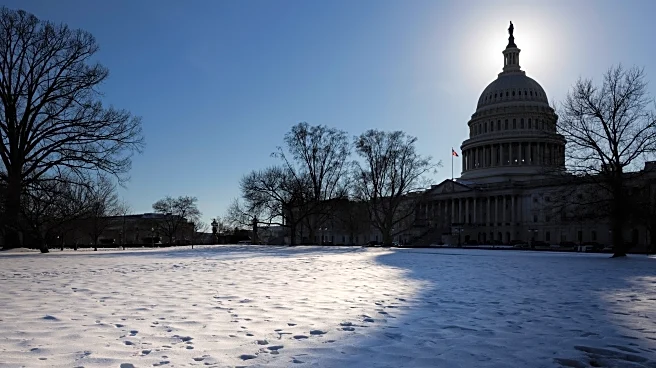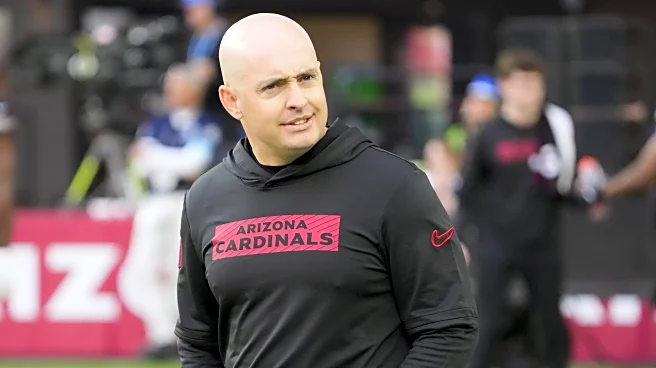What's Happening?
At the COP30 summit in Brazil, experts emphasize the significance of community-based actions in addressing climate change. While individual actions may seem small, collective efforts can have a substantial impact. Leah Stokes, a professor of environmental
politics, advocates for joining community initiatives to amplify one's influence. Voting is highlighted as a powerful tool in democratic societies, allowing citizens to elect leaders who prioritize climate policies. Engaging with elected officials and volunteering for advocacy groups are other effective strategies for driving change.
Why It's Important?
Community-based actions are crucial for mobilizing public support and influencing policy decisions. In the U.S., where climate policy can be affected by electoral outcomes, collective efforts can shape the direction of national and local climate initiatives. By participating in community actions, individuals can contribute to systemic changes that address climate challenges. This approach empowers citizens to play an active role in the transition to sustainable practices, potentially leading to more comprehensive and effective climate policies.
What's Next?
As COP30 continues, there may be increased focus on fostering community engagement and collaboration in climate action. Organizations and advocacy groups could launch new initiatives to encourage public participation and support for climate policies. The summit's discussions may inspire further research and development of strategies to enhance community involvement in climate efforts, potentially influencing future policy frameworks.
Beyond the Headlines
The emphasis on community action highlights the ethical dimension of climate change, where collective responsibility and social justice are central. It underscores the need for inclusive approaches that consider diverse perspectives and empower marginalized communities. Long-term cultural shifts towards sustainability could emerge from increased community engagement, fostering a more resilient and equitable society.



















